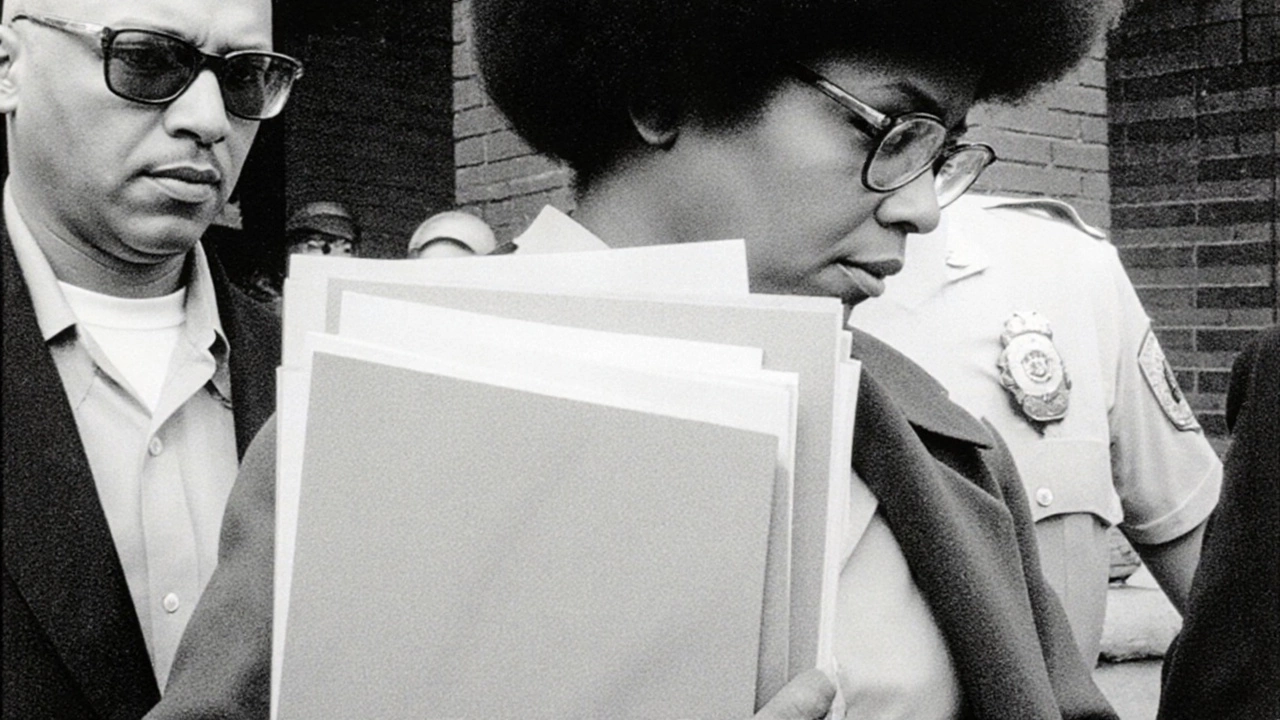Black Liberation Army – History, Ideology, and Modern Impact
When talking about the Black Liberation Army, a covert militant group that split from the Black Panther Party in the early 1970s. Also known as BLA, it pursued armed struggle to end systemic racism and police brutality in the United States.
The Black Panther Party, a revolutionary socialist organization founded in 1966 served as the ideological well‑spring for the Black Liberation Army. The BLA believed that direct action and armed self‑defense were necessary because peaceful protest was being ignored. This belief created a clear semantic link: Black Liberation Army emerged from Black Panther Party. At the same time, the broader US civil rights movement, a nationwide push for racial equality in the 1950s‑70s provided the social backdrop that shaped both groups.
From the federal side, the US government, the national authority responsible for law and order labeled the BLA a domestic terrorist organization. The FBI, the Federal Bureau of Investigation tasked with national security launched COINTELPRO operations to infiltrate and dismantle the group. These actions illustrate another triple: US government targeted Black Liberation Army through FBI operations. The result was a series of high‑profile arrests, trials, and a lingering debate about the line between activism and violence.
Why the Black Liberation Army still matters today
Even three decades after its peak, the BLA’s legacy shows up in modern activist tactics. Groups that focus on self‑defense or that call for radical change often cite the BLA as a historical example of uncompromising resistance. The conversation about race‑based militancy also intersects with current global politics—think of how leaders today discuss sovereignty, security, and protest movements. For instance, recent headlines about foreign troops in Ukraine or calls for strong leadership in the UK echo the same tension between state power and grassroots opposition that defined the BLA era.
Our collection below reflects that breadth. You’ll find deep‑dive pieces on motorsport economics, analyses of geopolitical moves, and profiles of political trailblazers—all of which touch on power dynamics, strategic thinking, and the drive to push boundaries. Whether you’re curious about the BLA’s historical tactics or looking for parallels in today’s news, the articles that follow give you concrete examples of how resistance, sport, and politics often share the same playbook.
Ready to explore the full mix of stories? Scroll down to see how the themes of rebellion, strategy, and societal impact play out across our diverse set of posts.

Assata Shakur, Former Black Liberation Army Fugitive, Dies in Cuba at 78
Sep, 27 2025